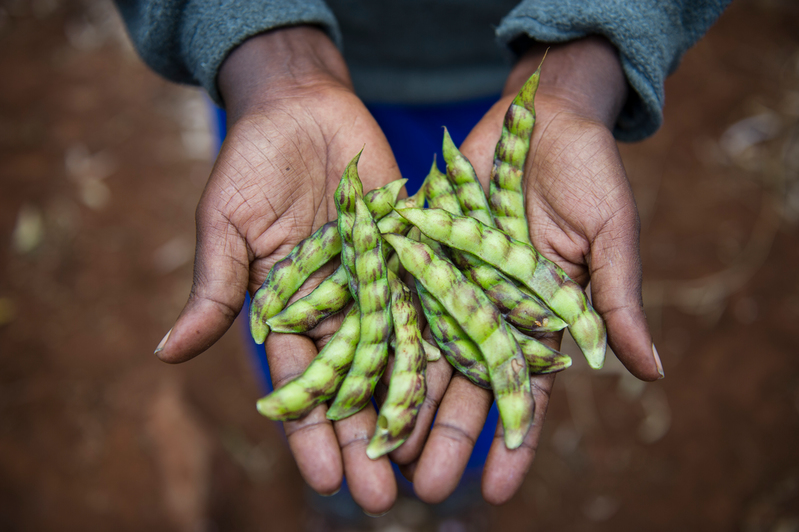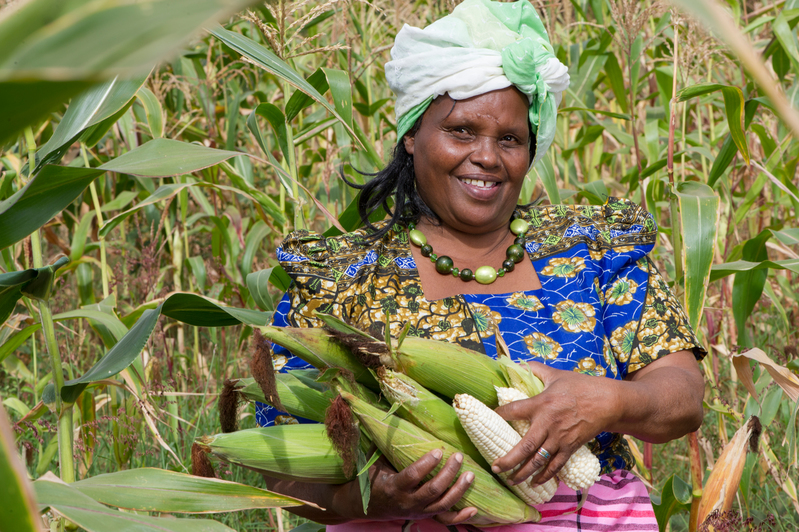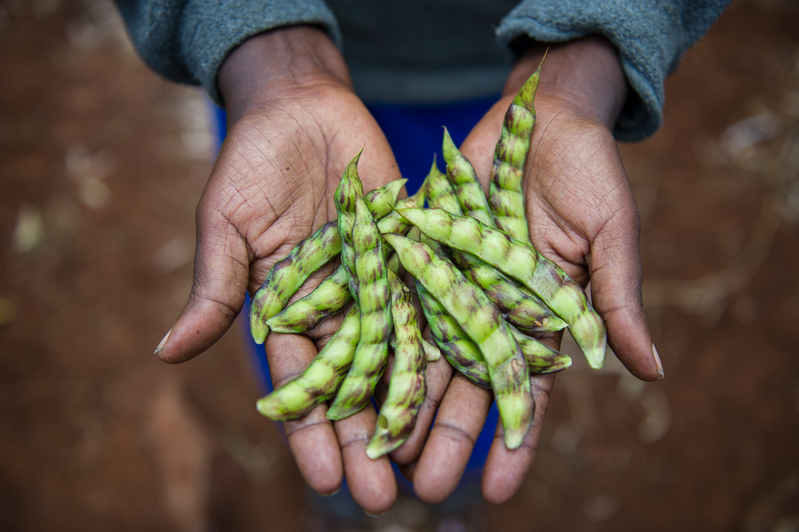Learning objectives of this guide
- To provide the guiding principles to ecological farming
- To explain the benefits of ecological farming
Learning outcomes
This how to guide on ecological farming will enable you to
- Understand what ecological farming is about
- Explain the value of ecological farming
- Understand the benefits of ecological farming

What is Ecological farming?
Ecological farming ensures healthy farming and healthy food for today and tomorrow, by protecting soil, water and climate. It promotes biodiversity and does not contaminate the environment with chemical inputs or genetically engineered plant varieties. Ecological farming encompasses a wide range of crop and livestock management systems that seek to: (1) Increase yields and incomes (2) Maximize the sustainable use of local natural resources and (3) Minimize the need for external inputs.
Why take up ecological farming?
Our problem today is not one of producing more food, but producing food where it is most needed and, in a way, that respects nature. The current industrial agriculture system fails to deliver this.
Meanwhile, the planet is suffering considerably. We are over-exploiting resources and reducing soil fertility, biodiversity, and water quality. Toxic substances are accumulating in our surroundings. Levels of waste are growing. And all this is occurring in the context of climate change and increased pressure on the Earth’s diminishing resources.
Our current agricultural system depends on the use of vast amounts of chemicals, as well as fossil fuels.
It is controlled by a few large corporations, which congregate in a few parts of the world, mainly in rich, industrialized countries. It relies heavily on a few key crops, undermining the basis for the sustainable food and ecological systems upon which human life depends. This agriculture system pollutes and toxifies water, soil, and air. It contributes massively to climate change and harms biodiversity and the wellbeing of farmers and consumers.

Benefits of ecological farming
- It increases yields significantly, often comparable to or greater than chemical-intensive agriculture.
- It entails lower production costs for farmers as well as increased yields, and thus increased profits.
- Ecological farming improves soil and water management by having a minimum negative impact on the environment and avoiding contamination of soil and water resources.
- It can also enhance the resilience of vulnerable communities in the face of climate shocks. Practises such as crop rotation, inter- cropping and polyculture (multiple cropping) increase the availability of food throughout the year, increase diversity in food production and tend to use seeds and breeds with higher tolerance to climate extremes, pests and diseases. Farmers’ and society’s health can be improved by ecological farming because it often promotes a more diversified diet by producing many different food items, by using fewer pesticides, and by improving the availability of clean water.
Click here to find out more about the principles of ecological Farming





Discussion
Yes this are good and inpiring ideas, as emerging farmers we need this kind of information. So as an small scale farmer myself i would love to have training and train my employee also recommend also intitutions that would volunteer to help us please. My NPC name will benefit a lot.